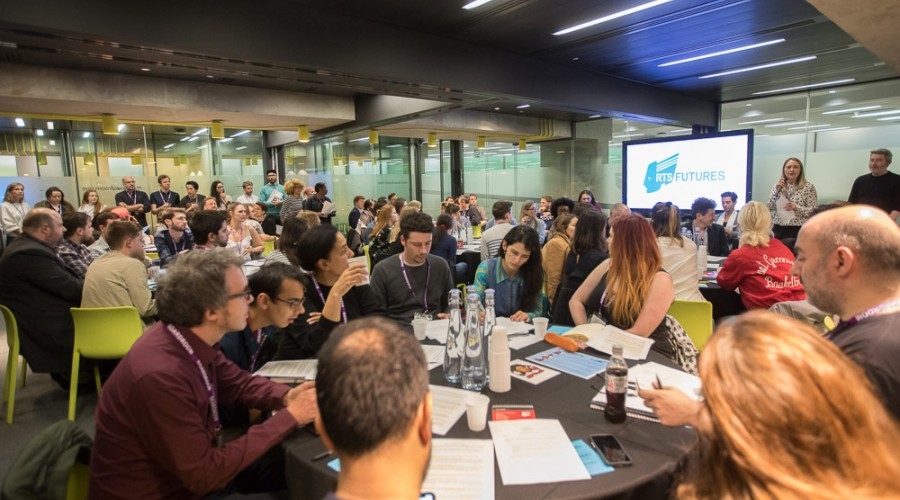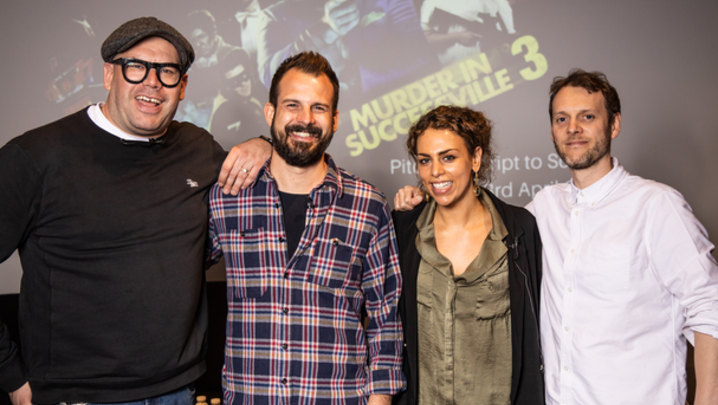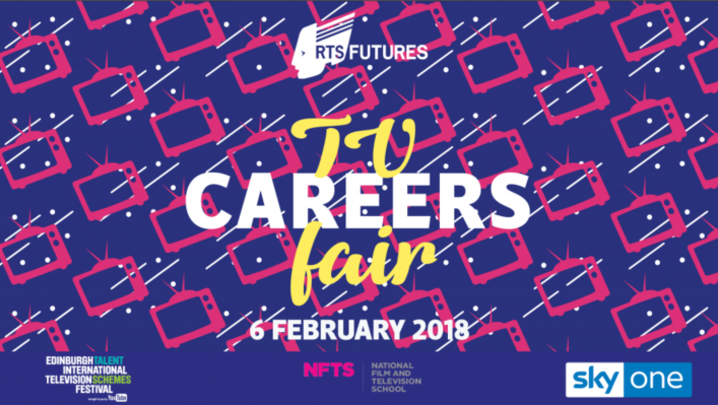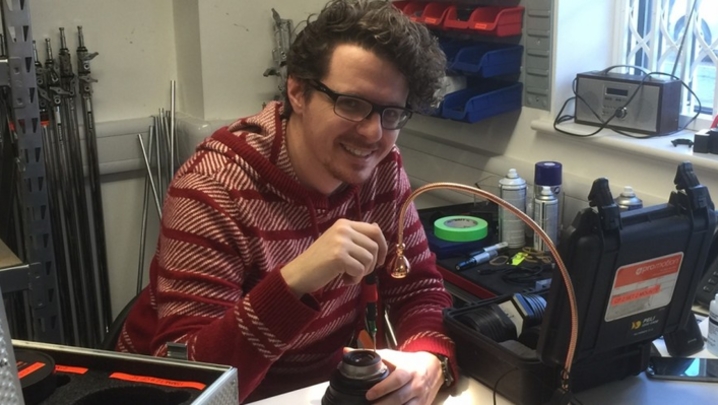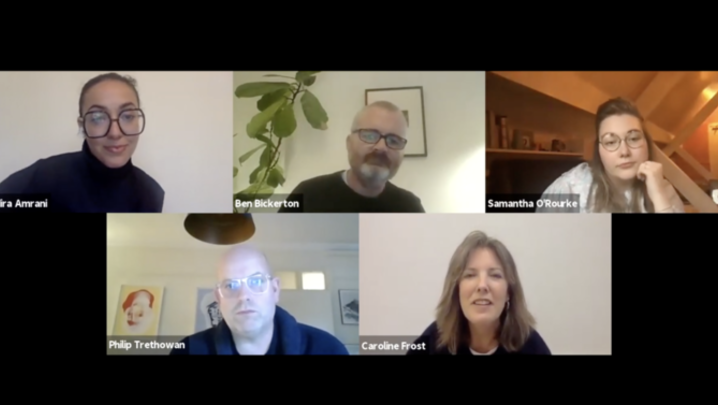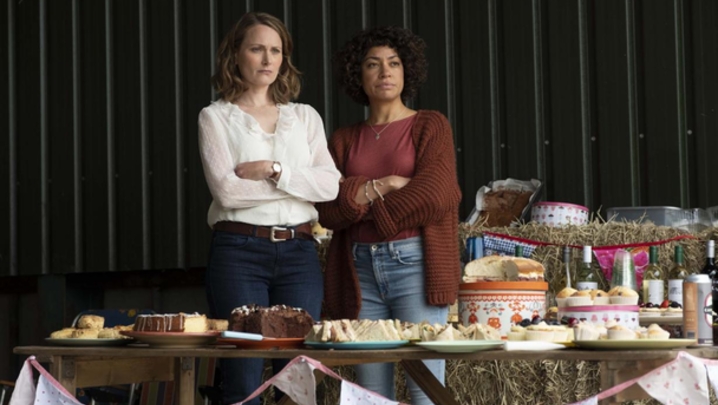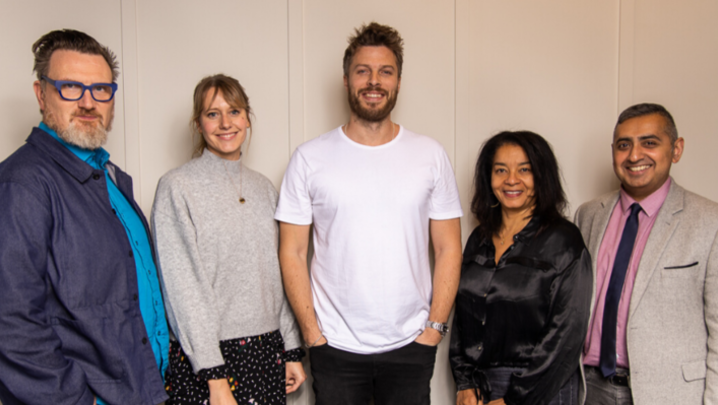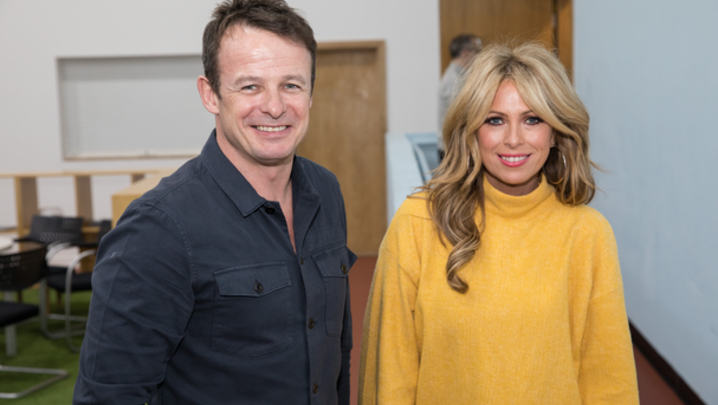Developing an idea for TV is far from straightforward, as the participants at the sold-out RTS Futures event “From pitch to screen” discovered in late April.
“Development is anything that takes your show on a journey from a blank page of terrifying nothingness to the end of filming,” explained Andy Cadman, executive producer of ITV2’s Love Island.
Cadman was joined on the panel by All 4 commissioning editor Thom Gulseven and ITV2 scheduler Alex Wootten, who explained what they look for in a pitch.
“There’s no ‘one size fits all’ for treatments,” said Gulseven, who recommended getting to know a potential commissioner to find out what they like. A good pitch should give the commissioner an idea of the programme, from its tone to the talent on it.
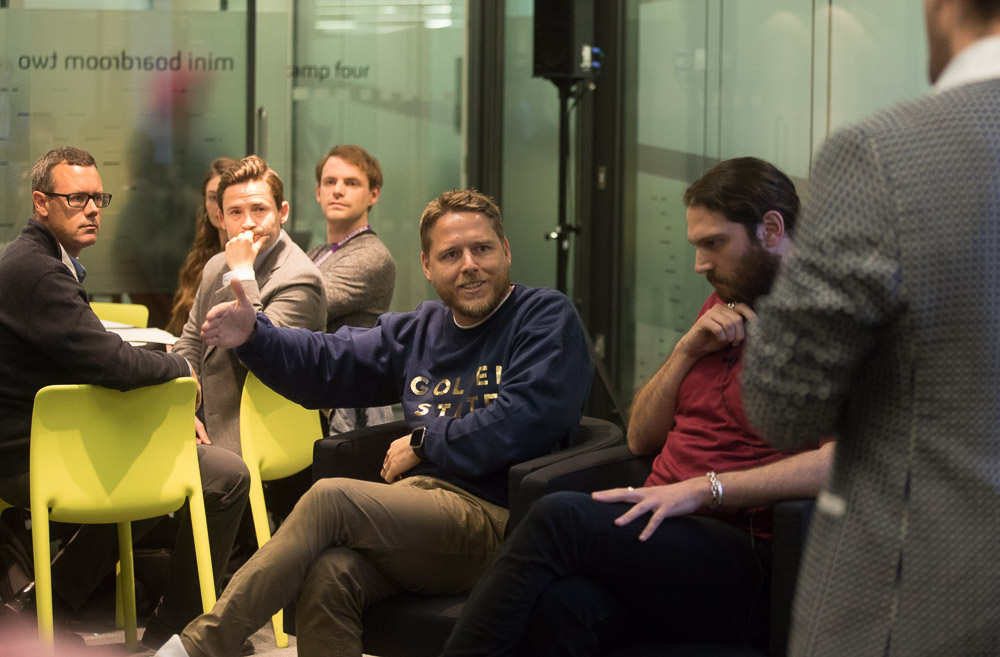
It’s important to think about what slot the show might appear in, said Wootten. She suggested looking at the schedule to see what else is on the channel and how a new show might fit in. This also helps avoid going up against a similar show on a rival channel.
Pitchers also need to think beyond linear schedules, added Gulseven. Commissioners want to know how the idea will work across YouTube and social media, which will extend a show’s reach.
The panel was joined by Shine TV head of development Jonathan Meenagh, who demonstrated how the company successfully pitched Hunted to Channel 4. He explained that the company wanted to build on the success of The Island with Bear Grylls, in which camera teams lived alongside the contestants.
Hunted was tricky to sell, particularly as similar shows had failed in the past, he said. The team pitched it as a factual thriller, adding the idea of the surveillance state to avoid it being a simple cat and mouse chase. The clincher was bringing on board experts from GCHQ as consultants.
Also joining the panel was Rosy Marshall-McCrae from Scottish broadcaster STV, who guided the audience through making a taster tape (see below). It is important to know what the channel and the commissioner are after to establish the tone and feel of the tape, she said.
Confidence is key to selling an idea, she explained, so pitchers should know what it is they’re offering and why they think it is unique. A taster tape should get people hooked, so it needs to be distinctive and feature the best characters.
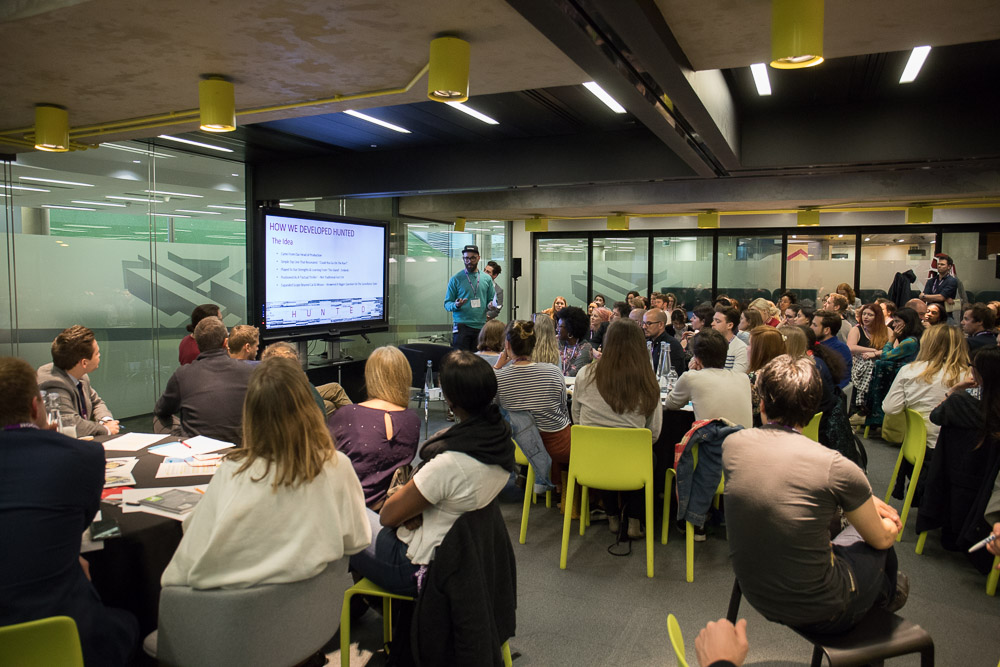
Armed with advice from the professionals, the audience was divided into teams, each guided by an industry expert, to develop a pitch for a new Channel 4 show.
Ideas ranged from a virtual reality dating show to a format about setting up a cult. The winning pitch was for a series following troubled kids taking over a school run by disillusioned teachers.
How to make a taster tape
Before starting work on a taster tape, said STV head of development Rosy Marshall-McCrae, programme-makers should answer the following questions:
- Why do I want to make this programme?
- Is it relevant? Will the audience engage with the subject matter?
- Is it real? You shouldn’t have to dig too deep to find your contributors
- Is it interesting? Don’t take your own word for it. Talk to other people about it
- Is it different? Are you offering a new angle? If not, look at how you inject something new, such as angles, cameras or graphics
- What’s your style? Is it a rig, observational documentary or formatted show?
“From pitch to screen” was held at Channel 4 on 25 April. It was chaired by Celebs Go Dating’s Tom Read Wilson, and was produced by Ethel Mercedes and Becky Cadman, with assistance from Jude Winstanley


